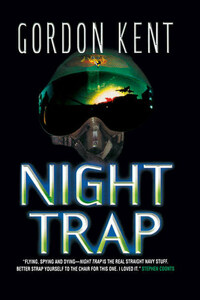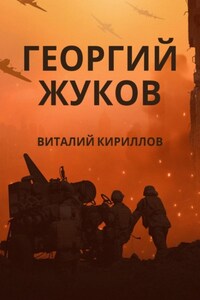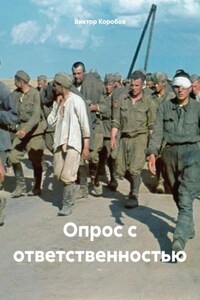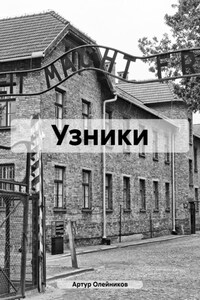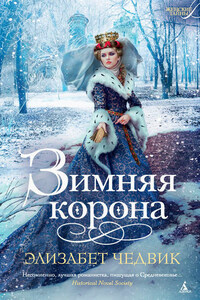April 6, 1994
Zulu wore sunglasses and camo fatigues, and he had a star on each collar point that winked in the sunlight. These were not the first things you noticed, at least not as soon as you got close. What you noticed first was that somebody had tried to cut his nose off with a hard downward stroke from above, perhaps as if the blade had struck a helmet first and been deflected a little and gone into the hard bone of his nose almost at the bridge and taken out a chunk of it. Now he had a nose that looked in profile like a child’s idea of a witch’s nose, a nose that started too far down his face and came straight out before plunging downward. Some people winced when they first saw that nose.
His real name was not Zulu. Nor was it the name on his passport. The men with him simply called him Z.
He had four men with him, also in camo, men like him who were too pale to have been in the sun for long. He spoke to them in French, but, because one of the four had to translate for the others into another language, it seemed that the French was, like their Belgian uniforms, something false. All five men carried side arms and grenades, and they had things like NATO battle helmets and Kevlar vests and fanny packs that they had put on the ground nearby because it was so hot. They had the air of men who were in some place of transit—say, an airport—and who were used to not caring where they were because they would soon be somewhere else. They lit cigarettes and looked around and waited.
Elizabeth Momparu was too shrewd to hang back from the white men, even though she was the only woman. If she isolated herself, even from apparent shyness, she would be noticed that much more. Not that she could be easily ignored; she was a big woman, tall and robust, heavy-boned. People noticed her. Here, the African men noticed her with particular clarity because she was the daughter of a general, a Hutu, and half-sister to Peter Ntarinada, who was a big man in his own right. The European men noticed her because she was good-looking. A green dress that showed off her breasts and hips didn’t hurt.
“Peter!” she called. She put laughter into her voice. She made more of the difficulty she was having with high heels and the soft earth out here. Her half-brother turned his head but only made an impatient gesture with his hand. He had pushed himself into the group of Europeans, and he didn’t want some woman, even a half-sister, pulling him back out. Peter was aggressive—“proud,” Africans said—and very touchy, one of those people who can’t conceive of not using power if they have it. And he had some. And he would soon have more, if his plans worked.
Elizabeth Momparu laughed loud enough for the clusters of men to hear. There was a black cluster and a white cluster, with Peter the only one who had crossed from one cluster to the other. Still laughing, she tottered to join him. Peter turned again and scowled at her. She laughed.
They were gathered around the man named Zulu, who was speaking in a language Elizabeth didn’t understand to two white men in Belgian uniforms. Elizabeth didn’t believe for a moment that they were Belgian, and she didn’t believe Zulu was French, but she didn’t say so. She merely smiled into Zulu’s dark sunglasses and ignored his maimed nose.
The sunglasses stared back at her. Where were the eyes? Zulu looked down at the two “Belgians.” He said something, and the men began to unzip two long nylon bags. Elizabeth knew they were ski bags, because she’d been skiing in Switzerland, but she knew, too, that they didn’t hold skis. Not in Rwanda.
Another man in a Belgian uniform was murmuring into a radio. He had a short antenna strung, and equipment laid out on a plastic tarpaulin, and he listened and then called something to Zulu and held up a hand, the fingers spread, and opened and closed them once, twice. Ten.
“Ten minutes,” Zulu said to Peter. Peter squinted into the sky. He looked at Elizabeth, still squinting. “Keep out of the way,” he said in French.
But she moved in closer and watched one of the “Belgians” begin to take pieces of metal out of the ski bag. He began to assemble them. Elizabeth knew that he was putting together a missile launcher; she knew that much from having lived through a war, but she didn’t know that it was a shoulder-fired American Stinger.
“You want to help?” Zulu said to her. His voice was uncannily low, and he had an accent that she thought was either American or German. He had been pleasant to her at dinner last night and afterward in bed, and he was being merely pleasant now, perhaps letting his need for her brother’s help attach to her.


